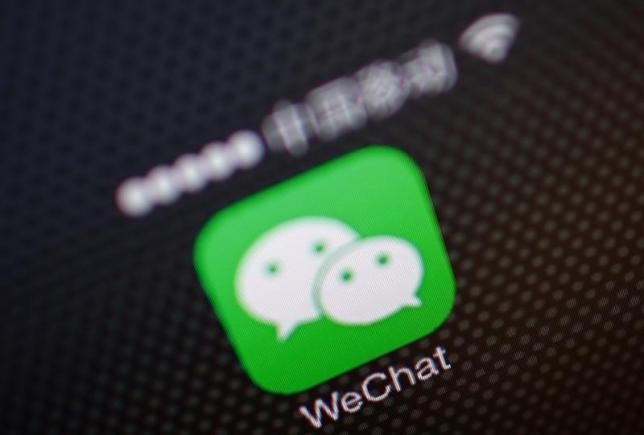New regulations on digital money gifts are likely to be set up, as tax authorities plan to impose tax on individuals who are given digital red envelopes by corporations, stated by an anonymous insider on Tuesday.
This year's Spring Festival has seen quite a number of digital red envelopes being given as monetary gifts to users, enabling them to transfer real money on apps created by WeChat, Alipay or Sina Weibo, via online payment gateways.
Plans were outlined in a leaked version of an article dated July 28, which was internally routed within the State Administration of Taxation. The document was uploaded on the Internet on Monday.
Officials found it almost impossible to "identify and differentiate the various purposes behind dispatching digital red envelopes," according to the anonymous source.
Convenience is the key factor that entices people to use digital red envelopes for sending money, stated by Tencent Holdings Ltd. A surprising 3.27 billion digital red envelopes were transferred online by users during the period of Feb. 18-23, via Tencent's WeChat.
Experts on taxation have recommended that if individual recipients of the red envelope will be taxed, it should be imposed under the laws governing "accidental gains," which is also the same rule implemented on lottery winners before. This law states that 20-percent tax is to be imposed on awards higher than 10,000 yuan ($2,226).
The SAT document's digital version that leaked online was governed by the same principle. However, it isolated digital red envelopes given by corporations as "cash" or "coupons and vouchers" that are meant only for purchasing the sender company's products or services.
The digital money gift can be considered as "accidental gain" in the "cash" scenario, where recipients will be subject to 20-percent individual income tax.
Meanwhile, no tax is required in the case of red envelopes given by corporations, such as Didi Kuaidi, the Chinese ride-hailing company, if the funds received would be used for paying car booking fees.
Digital envelopes transferred among individuals will also be non-taxable.



























